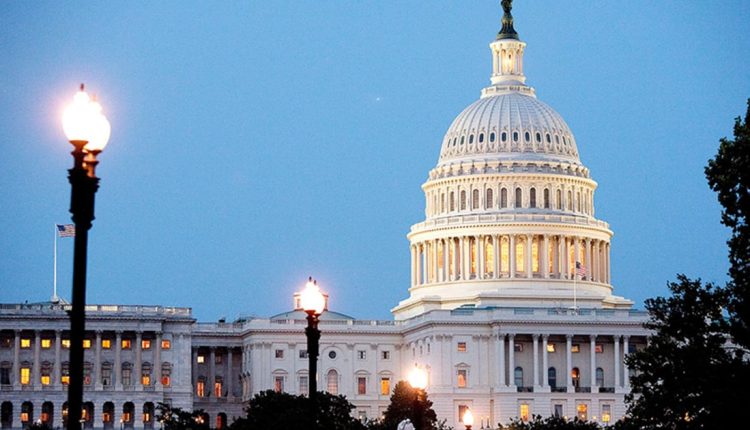The guidance will help determine the extent that foreign automakers, including those with production in the EU, are able to benefit from the U.S. tax subsidies. Vestager said she will discuss the guidance with Treasury Secretary Janet Yellen on Friday.
A U.S. official told Reuters on Wednesday that the long-awaited sourcing requirements will reduce the number of vehicles that can qualify for the full tax credits, compared those eligible under a current grace period due to expire soon.
The EV credit requires 50 percent of the value of battery components to be produced or assembled in North America to qualify for $3,750 of the credit and 40 percent of the value of critical minerals to be sourced from the United States or a country with which it has a free trade agreement.
The other half of the credit requires North American assembly, but European EVs that are leased can currently qualify.
“So far we don’t know what would be the subsidies given,” Vestager said, adding that the Inflation Reduction Act’s tax incentives has put at risk European investments in batteries, raw materials, solar panels wind power and carbon capture, potentially shifting them to the United States.
The EU is also planning its own green energy subsidiesand Vestager said she is holding discussions with U.S. officials about the need for transparency in subsidies – for clean technology but also for semiconductors – in order to avoid a “subsidy race” that hurts taxpayers.


